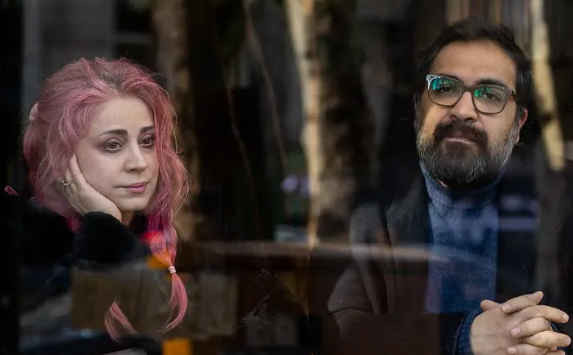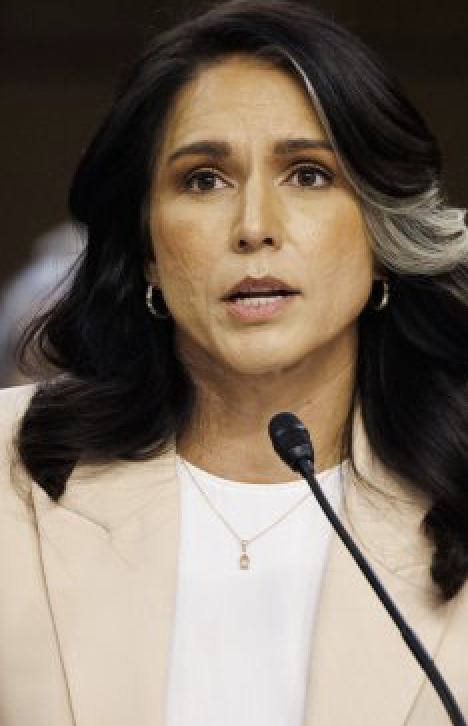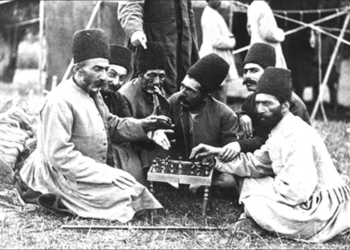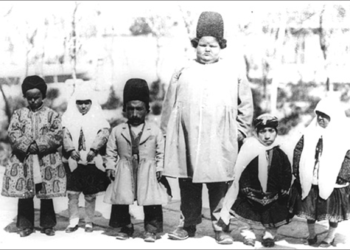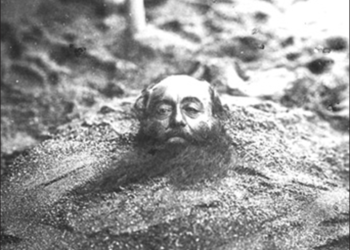The Berlinale named “Nader and Simin: A Separation” as the best film of the festival and named its male and female performer collectively as the best actors and best actresses—a clean sweep of the top awards.
Asghar Farhadi, who won the Berlinale’s best director award in 2009 for his film “About Elly,” won this year’s coveted top prize, the Golden Bear, for best motion picture.
“Nader and Simin: A Separation”—the first Iranian film ever to win the Golden Bear award—highlights the struggle between the intellectuals and the religious in Iran through the story of an urban couple trying to get a divorce. For their ability to convey the story so well, all of the performers in the film collectively received the festival’s Silver Bear best actor and best actress awards. The bear is the symbol of the city of Berlin.
The review from Hollywood Reporter critic Deborah Young said, “Just when it seemed impossible for Iranian filmmakers to express themselves meaningfully outside the bounds of censorship, Asghar Farhadi’s ‘Nader and Simin: A Separation’ comes along to prove the contrary.”
According to Euronews’ correspondent Sebastian Saam, “The Berlinale is seen as the most political of the big film festivals. But there are two opinions about this movie’s politics. Some say its human approach avoiding politics is outstanding, while others say it’s soft on the Iranian authorities and that’s why it escaped censorship. One thing is for sure: interest in the film will now grow.”
Farhadi’s permit for the film was revoked during filming when he spoke out against Panahi’s sentencing. He apologized to the authorities, but remained fearful of a future reprimand including a ban on filmmaking.
Farhadi told Agence France Presse that the Islamic Republic’s crackdown on artists has forced Iranian directors to be more creative and clever than others.
Also recognized at the festival was Tehran-born Ali Talebi. The 53-year-old director received the development award Cinema Fairbindet for his film, ‘Wind and Fog,’ which tells the story of an eight-year-old boy who becomes mute after seeing the death of his mother during an Iraqi rocket attack on Iran in 1980. The Cinema Fairbindet includes nearly $7,000 in prize money and marketing in selected German theaters.
Much of the attention toward Iranian film today is generated by Jafar Panahi, who has received a six-year perison term and been banned from fillm-making for 20 years over a film that was never compelted.
The Berlinale also screened four of Panahi’s films, prompting Iranian officials to say they were leaving in protest. It wasn’t clear why they showed up in the first place since the Berlinale organizers made clear long ago that they would be focused on Panahi when they invited him to attend as a juror (although he is barred from, leaving Iran) and kept an empty chair for him on the stage throughout the event.
A press release from the Culture Ministry said, “The Iranian envoys concluded their mission at the Berlinale and its film market earlier as the festival organizers are trying to intervene in the domestic affairs of Iran as well as insulting Iranian culture, art and cinema in their support of a person who is against the country’s policies.”
Deputy Culture Minister for Cinematic Affairs Javad Sha-maqdari previously chided Festival Director Dieter Kosslick for inviting Panahi to serve on the festival’s jury. Last month, Kosslick said in a statement, “We are going to use every opportunity to protest against this drastic verdict.”
The global community of artists has risen in support of Panahi and his colleague Mohammad Rasoulef, who received the same sentence. Recently, with the urging of Paul Haggis, director of “Crash,” Hollywood stars have begun wearing white ribbons in support of Panahi and Rasoulef.
Even inside Iran, the film community has spoken out. Earlier this month, Iranian filmmakers Masud Kimiai (“Dandan-e Mar”) and Puran Derakhshandeh publicly asking for a “revision” of Panahi’s sentence. At Tehran’s Fajr Film Festival, Derakh-shandeh said Panahi “has won many awards for Iranian cinema. I am asking the Judiciary to revise his sentence.”
The European Union’s foreign affairs chief, Catherine Ashton, joined in, saying, “The EU calls on Iran to live up to [its] international obligations, including the right to freedom of expression through art and writing. This case is all the sadder given the high international reputation of the Iranian film industry and Iranian filmmakers.”
Interestingly, not everyone in the regime agrees with the Judiciary’s decision. Esfandiar Rahim-Mashai, President Ahmadi-nejad’s chief of staff, was quoted by the Sharq newspaper as saying, “It is the Judiciary that has passed the sentence and it is not the position of the government and the president…. We do not approve that Jafar Panahi cannot work for a long time based on this sentence.”
Despite the support, Pan-ahi’s sentence has not been changed and he was not in attendance at the Berlinale to see his peers, Farhadi and Talebi, win.


